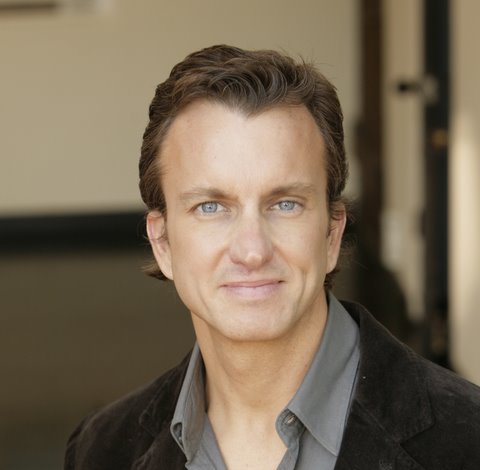
23 Dec Spoiler Alert: Money can buy happiness
Posted at 03:30h
in family therapist, Financial Well Being, imposter syndrome, Innovation, Mental Health, UHNW
0 Comments
One of the many things I appreciate about being a therapist is how my work involves helping patients develop the capacity to sit with what seem like contradictory realities. So we can be discouraged about the new round of COVID while at the same time, be hopeful for the new year.
As I wrote in Fragile Power, holding two disparate points of view enable us to shift from reactivity to intentionality; and in a more intentional state, we can move our lives and- the world we live in- in a repairative direction.
This week, I was interviewed by Men’s Health about the prevailing cultural view that “money can’t’ buy happiness.” As I told the reporter, this narrative provides great entertainment value through such shows as Succession and (my favorite) Yellowstone, but it’s wrong.
Here’s a segment from the article.
“So, long story short, being broke or super-rich doesn’t necessarily determine whether or not you’re going to be emotionally fulfilled in life. That’s down to a whole horde of other factors. But Hokemeyer thinks that old axiom could do with an update.
Money can definitely buy happiness,” he says. “One of the things that annoys me is the assumption that rich people are ipso facto screwed up and unhappy. Sure, some of my wealthy patients are. But lots of my middle class and poor patients are messed up and unhappy too.”
“The truth of the matter is wealth is neutral,” he adds. “It’s like electricity. When used properly and channeled to productive outcomes, it makes people happy. But when it’s channeled in destructive ways or used recklessly, it screws people up and makes them miserable.”
You can read the entire article by clicking on this link.
This year, let’s use the lessons we’re learning in COVID to focus on the humanness that resides under every person who walks this planet- rather than ‘othering’ them through labels and assumptions we are culturally conditioned to assign them.Money can definitely buy happiness,” he says. “One of the things that annoys me is the assumption that rich people are ipso facto screwed up and unhappy. Sure, some of my wealthy patients are. But lots of my middle class and poor patients are messed up and unhappy too.”


Sorry, the comment form is closed at this time.